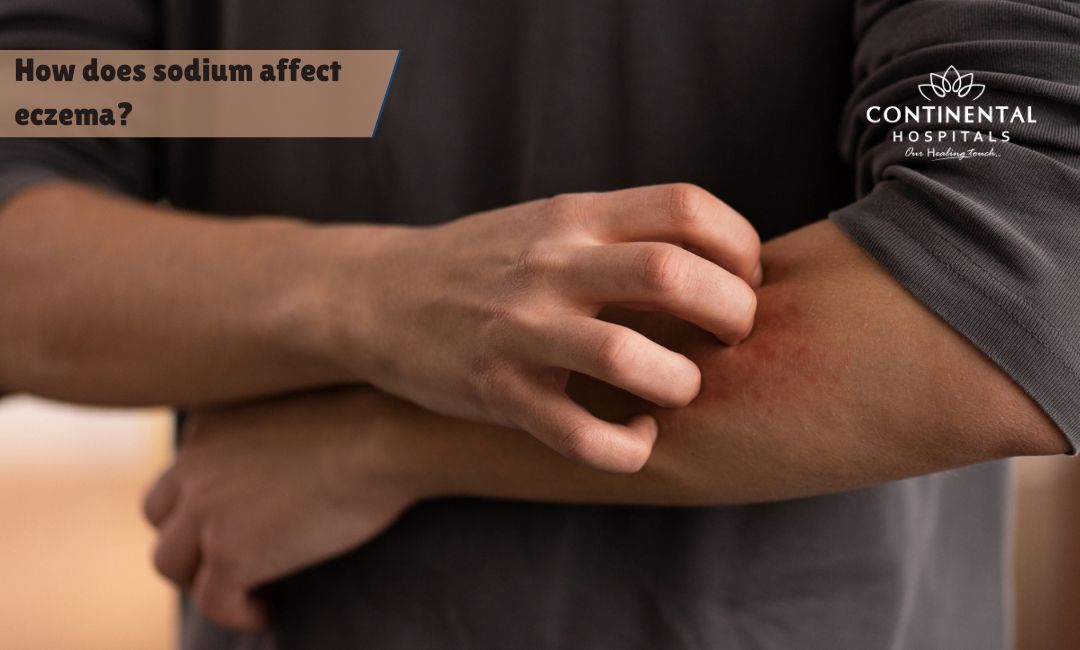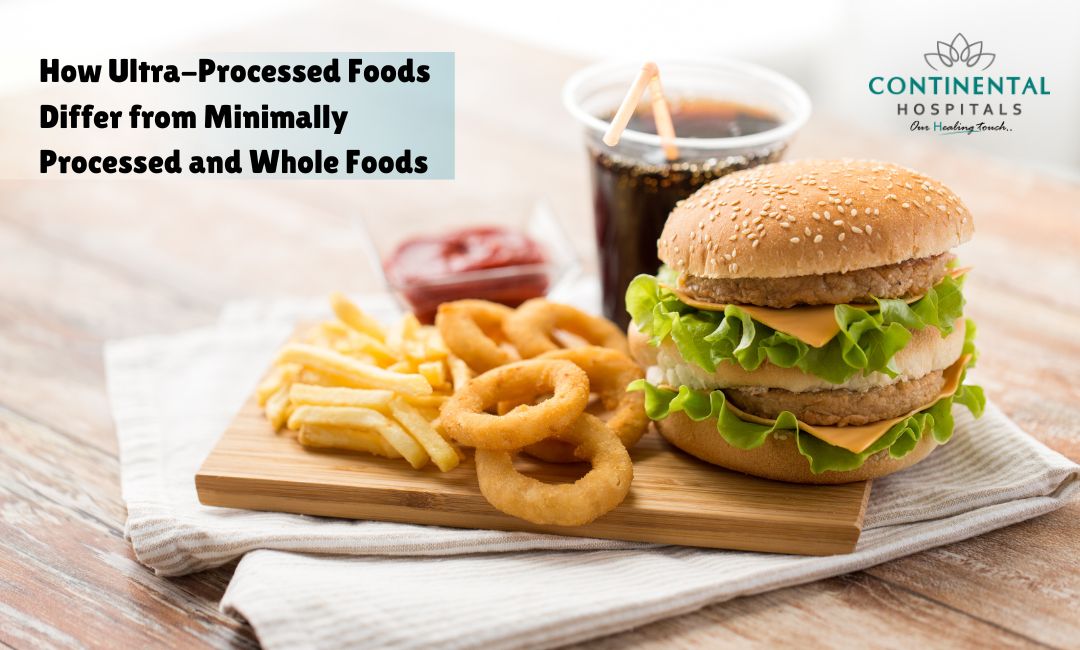Eczema, a chronic skin condition characterized by inflammation, itchiness, and dryness, affects millions of individuals worldwide, posing significant challenges to their quality of life. While various factors contribute to eczema flare-ups, including genetic predisposition and environmental triggers, the role of sodium in exacerbating or alleviating eczema symptoms is a subject of growing interest. Sodium, a mineral essential for bodily functions like fluid balance and nerve transmission, is ubiquitous in our diets and daily routines. However, its impact on eczema extends beyond mere dietary considerations, encompassing topical exposure through skincare products and household items. Understanding how sodium affects eczema is crucial for individuals seeking effective management strategies to mitigate symptoms and improve their skin health. In this exploration, we will delve into the multifaceted relationship between sodium and eczema, examining both dietary sodium intake and topical sodium exposure to elucidate their effects on eczema symptoms.
Understanding Sodium
Sodium is a mineral essential for numerous physiological functions in the body, including fluid balance, nerve function, and muscle contraction. While sodium is crucial for overall health, excessive intake can have adverse effects, particularly on conditions like high blood pressure and cardiovascular health.
The Link Between Sodium and Eczema
While research specifically examining the direct impact of sodium on eczema is limited, several indirect mechanisms suggest a potential relationship:
Skin Barrier Disruption: High sodium intake has been associated with dehydration, which can compromise the skin's barrier function. A weakened skin barrier is a hallmark feature of eczema, making individuals more susceptible to irritants and allergens.
Inflammation: Excessive sodium consumption may contribute to systemic inflammation, which can exacerbate inflammatory skin conditions like eczema. Inflammation plays a central role in eczema flare-ups, leading to redness, swelling, and itching.
Immune Dysregulation: Sodium intake can influence immune function, potentially exacerbating immune-mediated responses involved in eczema pathogenesis. Dysregulated immune responses contribute to the chronic inflammation characteristic of eczema.
Sources of Sodium in the Diet
Sodium is ubiquitous in the modern diet, primarily due to the widespread use of processed and packaged foods. Common sources of dietary sodium include:
Table Salt: Used in cooking and seasoning food.
Processed Foods: Ready-to-eat meals, snacks, canned soups, and condiments often contain high levels of sodium as a preservative and flavor enhancer.
Restaurant Foods: Many restaurant dishes are laden with sodium to enhance taste and prolong shelf life.
Baked Goods: Bread, pastries, and other baked goods may contain significant amounts of sodium, particularly if made with added salt or baking soda.
Foods High in Sodium
Processed and packaged foods are among the primary sources of dietary sodium. These include:
- Fast food
- Processed meats (e.g., bacon, deli meats)
- Canned soups and vegetables
- Snack foods (e.g., chips, pretzels)
- Condiments (e.g., ketchup, soy sauce)
Reducing the consumption of these high-sodium foods and opting for fresh, whole foods can help lower overall sodium intake and potentially alleviate eczema symptoms.
Topical Applications and Sodium
In addition to dietary sources, sodium can also be found in various topical skincare products. While sodium-containing ingredients are not inherently harmful to individuals with eczema, certain formulations may exacerbate symptoms. For example, sodium lauryl sulfate (SLS), a common surfactant found in many soaps and cleansers, can strip the skin of its natural oils and disrupt the skin barrier, leading to increased dryness and irritation.
When selecting skincare products for eczema-prone skin, it's essential to choose gentle, fragrance-free formulations that are free of harsh detergents and irritants, including SLS. Opting for moisturizing creams and ointments with minimal additives can help hydrate and protect the skin without exacerbating eczema symptoms.
Environmental Factors
Beyond dietary and topical sources, environmental factors such as hard water can also influence eczema symptoms. Hard water contains high levels of dissolved minerals, including calcium and magnesium salts, which can leave a residue on the skin after washing. This residue can disrupt the skin barrier and contribute to dryness and irritation, exacerbating eczema symptoms in susceptible individuals.
Managing Sodium Intake for Eczema
While sodium may exacerbate eczema symptoms in some individuals, moderation is key. Here are some strategies to manage sodium intake:
Read Food Labels: Pay attention to the sodium content listed on nutrition labels and choose lower-sodium options when available.
Cook at Home: Prepare meals from scratch using fresh, whole ingredients to control sodium levels and minimize reliance on processed foods.
Limit Processed Foods: Minimize consumption of processed and packaged foods, which tend to be high in sodium and other additives.
Use Herbs and Spices: Flavor dishes with herbs, spices, citrus, and other natural seasonings instead of relying solely on salt for flavor.
Stay Hydrated: Drinking plenty of water helps flush excess sodium from the body and maintain optimal skin hydration.
Conclusion
While sodium plays a crucial role in various physiological processes, excessive intake can exacerbate eczema symptoms and contribute to skin dryness and irritation. By being mindful of dietary sodium intake, choosing gentle skincare products, and addressing environmental factors like hard water, individuals with eczema can better manage their condition and improve their quality of life. By taking proactive steps to reduce sodium exposure, eczema sufferers can alleviate symptoms and achieve healthier, more comfortable skin.
Related Blogs:
.webp)







